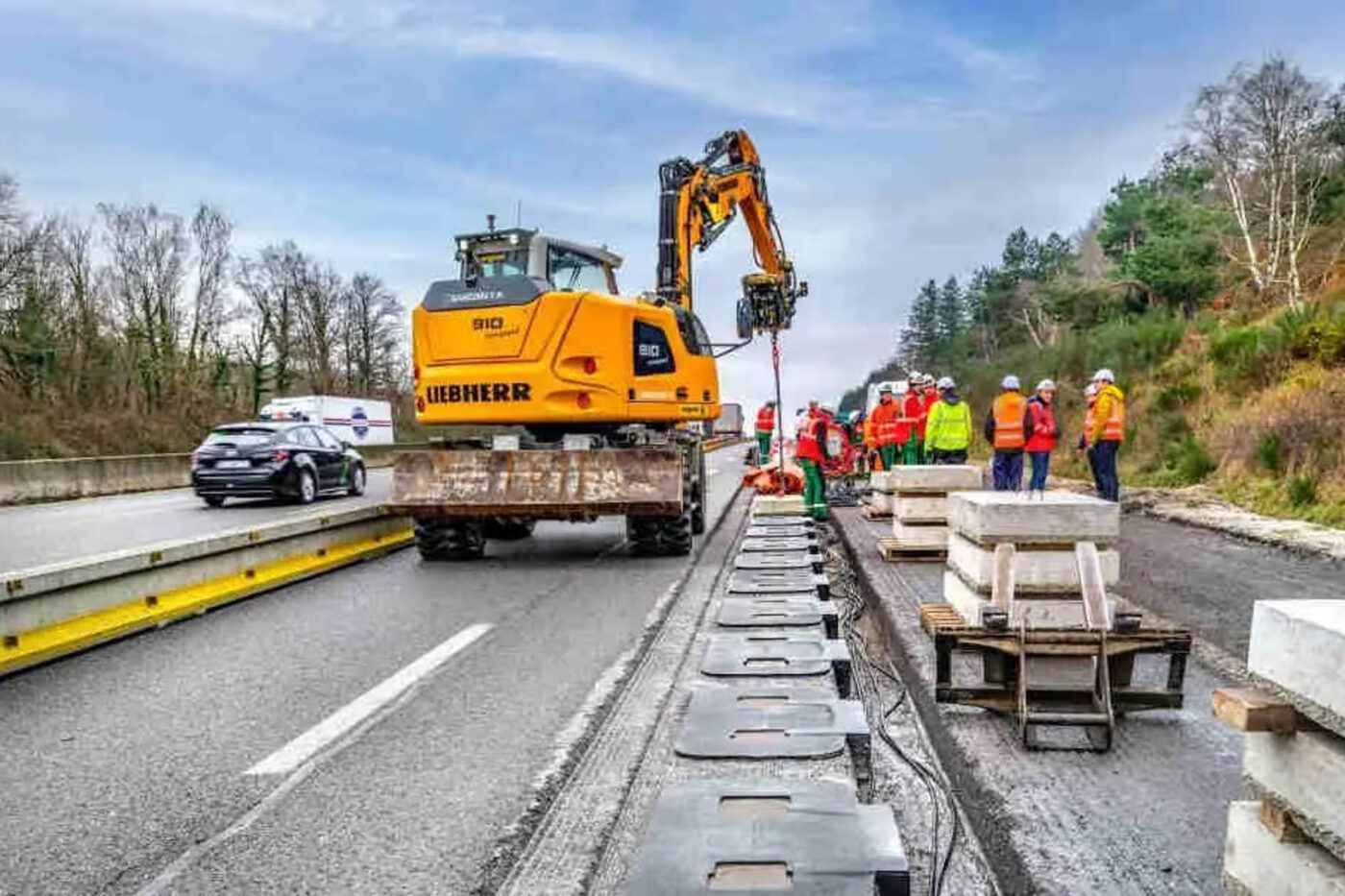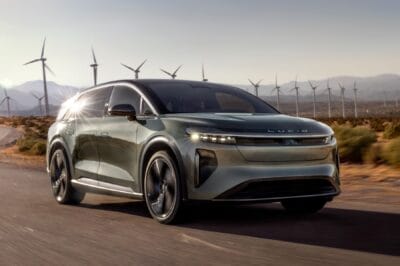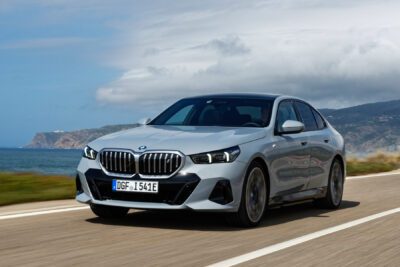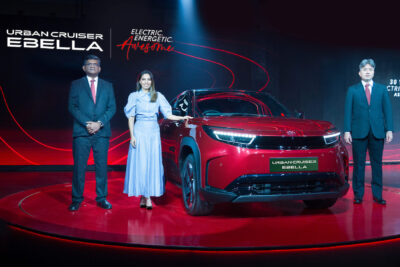Vinci Autoroutes tests inductive charging while driving
Since the beginning of January, the company has been installing induction coils under the pavement. The work should be completed by April 2025, and the batteries of four electric vehicles equipped with receiver coils will then be supplied with energy wirelessly while driving. For the pilot project, a truck, a van, a car, and a coach were each equipped with receiver coils to test dynamic inductive charging directly with different vehicle types.
The installation of the induction coils started on 6 January, but only in the right-hand lane of the A10 near Angervilliers. However, they are not yet activated. Laboratory tests and larger-scale trials in a closed-off area initially preceded the construction work. According to Vinci Autoroutes, the switch from the designated test track to the busy motorway is the final phase of the ‘Charge as you drive’ project.
It uses a system from the Israeli company Electreon, which specialises in inductive charging systems. As announced in 2023, this is a “next-generation product” with significantly increased power transmission capacity, additional software functions such as real-time monitoring and a more robust architecture. At that time, however, there was still talk of a two-kilometre motorway section; now it is 1.5 kilometres.
Vinci Autoroutes is reluctant to provide specific performance data for the dynamic charging of vehicles in the press release. Instead, it states in general terms that dynamic induction charging could “lead to a significant reduction in CO2 emissions compared to heavy commercial vehicles,” which have to be charged at charging stations and carry “very large batteries.” And: “With the help of this technology, the use of raw materials (lithium, nickel, cobalt) for the production of these batteries could be reduced and the construction-related CO2 emissions limited,” says the motorway operator. However, the company does not provide any figures – but that may change after the test drives from April.
Vinci Autoroutes is the project’s consortium leader. Vinci Construction, Hutchinson, the University Gustave Eiffel and Bpifrance, the French public sector investment bank, are also involved.





0 Comments